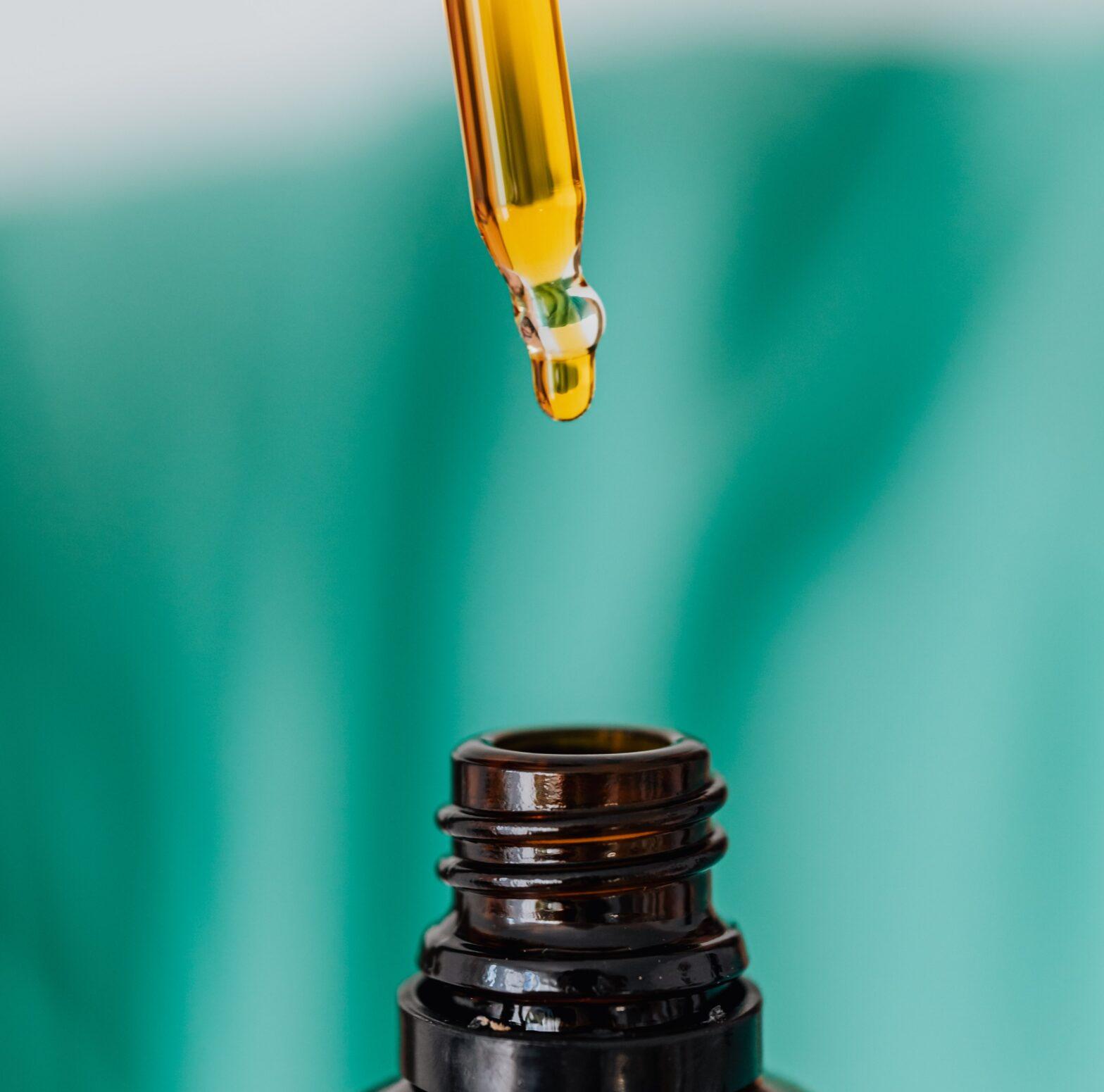
What is CBC and How is it Changing the Cannabinoid Product Landscape?
4/7/2023
Innovation & Production
What is CBC and How is it Changing the Cannabinoid Product Landscape?
Cannabis is a complex plant with over 100 different cannabinoids, each with its own unique properties and potential benefits. One of the lesser-known cannabinoids is cannabichromene, or CBC, which has been found to have anti-inflammatory, analgesic, and potential anti-depressant and anti-anxiety effects.
So, what is CBC, and how is it changing the cannabinoid product landscape?
CBC is a non-intoxicating cannabinoid that is found in the cannabis plant. Like other cannabinoids, it interacts with the body’s endocannabinoid system (ECS), which is responsible for regulating various physiological processes such as pain sensation, mood, and appetite.
Research has shown that CBC has significant anti-inflammatory effects, making it a potential therapeutic agent for treating inflammatory disorders such as arthritis and inflammatory bowel disease. A 2010 study published in the journal Pharmacology found that CBC had significant anti-inflammatory effects in mice. The study concluded that CBC could be a useful therapeutic agent for treating inflammatory disorders.
In addition to its anti-inflammatory effects, CBC has also been found to have potential anti-depressant and anti-anxiety effects. A 2016 study published in the journal Neuropharmacology found that CBC had potential anti-depressant effects in mice, and a 2019 study published in the journal Brain Sciences found that CBC had potential anti-anxiety effects in mice. These studies suggest that CBC may be a useful therapeutic agent for treating mood disorders.
So, how is CBC being incorporated into cannabinoid products?
Many cannabis companies are starting to incorporate CBC into their products, such as edibles, tinctures, and topicals, to offer consumers a wider range of potential benefits. For example, a THC and CBC edible could offer pain relief, anti-inflammatory effects, and potential mental wellness benefits.
It’s worth noting that most of the research on CBC has been done in animals, and more studies are needed to fully understand its potential benefits for humans. However, the existing research suggests that CBC may have therapeutic potential and could be a valuable addition to cannabinoid products.
In conclusion, CBC is a promising cannabinoid that offers a range of potential benefits, including anti-inflammatory, analgesic, and potential anti-depressant and anti-anxiety effects. As cannabis companies continue to explore the potential of minor cannabinoids like CBC, we can expect to see more products incorporating this unique compound in the future.
Materia’s view?
At Materia, we’re excited to see a rapid increase in the adoption of minor cannabinoids by our clients and other great brands. The use of multiple cannabinoids to create interesting cannabinoid ratio products has brought full-spectrum products into the recreational cannabis market and is probably a significant step towards “cannabis 2.0”. Great products are no longer just about high potency THC, and even average recreational consumers are more interested in trying new cannabinoid products that are being marketed as “c-suite gummies” or “daily rituals” with 2mg each of five cannabinoids including THCV, CBC, CBG, CBD, and THC. While it may only be 2mg of each cannabinoid, it still adds up to 10mg total. This trend presents interesting opportunities for both cannabis and hemp brands to successfully market functional products that utilize the now robust minor cannabinoid landscape.
Here are a few studies that provide some interesting insights into the potential therapeutic benefits of CBC:
- In a 2013 study published in the journal Pharmacology, researchers found that CBC had significant anti-inflammatory effects in mice. The study suggested that CBC may be a promising treatment option for conditions that involve chronic inflammation, such as osteoarthritis and multiple sclerosis.
Source: Oláh, A., et al. (2013). Cannabidiol exerts sebostatic and antiinflammatory effects on human sebocytes. The Journal of Clinical Investigation, 123(9), 3713-3724.
- In a 2011 study published in the British Journal of Pharmacology, researchers found that CBC had a strong affinity for vanilloid receptors, which are involved in pain perception. The study suggested that CBC may have potential as a treatment for chronic pain.
Source: De Petrocellis, L., et al. (2011). Non-THC cannabinoids inhibit prostate carcinoma growth in vitro and in vivo: pro-apoptotic effects and underlying mechanisms. British Journal of Pharmacology, 168(1), 79-102.
- In a 2012 study published in the journal Neurotherapeutics, researchers found that CBC had antidepressant effects in animal models. The study suggested that CBC may be a useful treatment option for depression and other mood disorders.
Source: El-Alfy, A. T., et al. (2010). Antidepressant-like effect of delta9-tetrahydrocannabinol and other cannabinoids isolated from Cannabis sativa L. Pharmacology, Biochemistry, and Behavior, 95(4), 434-442.




